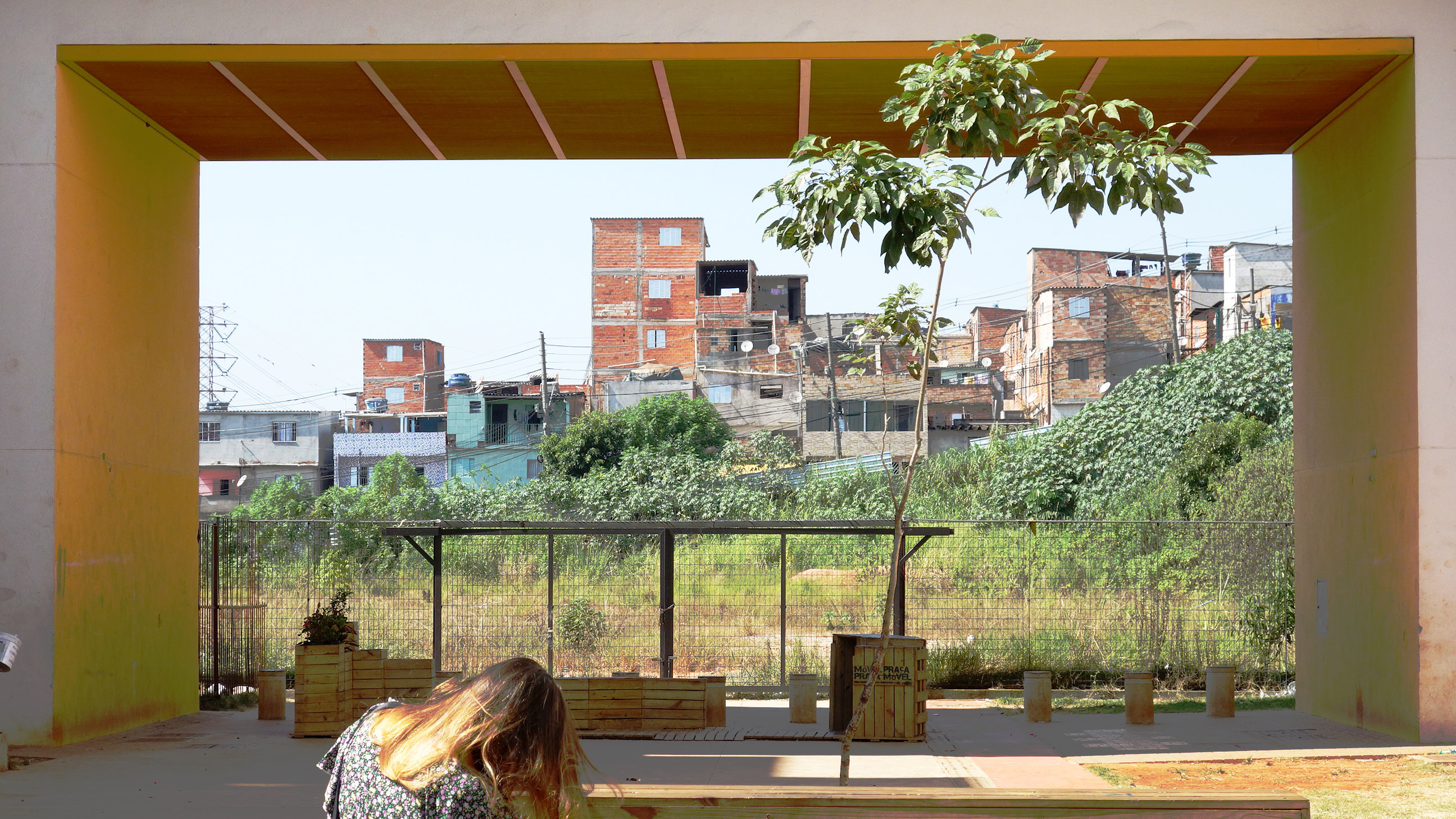Architecture and Urbanism
Addressing the social space in the 21st century: segregation strategies and appropriation tactics
The aim of this research is to understand the urban potential for appropriating new spatial paradigms in projects and urban interventions, defined as promoters of alternative configurations, that is, spatialities that problematize the consolidated relationship between the architectural object and cities.
The 21st century ushered in a number of new concerns for architecture and urbanism such as a critical review of the disciplines that deal with space conception, subsequent to the ideological vicissitudes of the Modern Movement and Strategic Planning, as well as the new social and economic processes of space production. The critical renewal of these disciplines is necessary in order to continue to fight for an informed and open-minded transformation of the meanings of the city.
The aim of this research is to understand the urban potential for appropriating new spatial paradigms in projects and urban interventions, defined as promoters of alternative configurations, that is, spatialities that problematize the consolidated relationship between the architectural object and cities. In order to do this, it is important to conduct a methodological-theoretical reflection and a critical analysis of emergent socio-spatial phenomena. These are the two areas addressed by this research.
Given the breadth of this thematic project, a methodology involving the wide discussion of ideas on the conditions and possibilities of the contemporary urban space is necessary, as is the inclusion of new urban phenomena in the investigation, in particular, the analysis of their differentiation. Therefore, the aim of this project is to refine the critical methodology of the built environment, allowing for a reappraisal of the relationship between urbanism and architectural concepts, State and civil society. Its basic premises are the City and its physicality as an essential foundation of socialization in society.
Facts
| Funder: | FAPESP (State of São Paulo Research Foundation) |
| Programme: | Thematic Grants |
| Overall budget: | € 250.000 (aprox.) |
| Grant number: | 16/22704-8 |
| Role TU Delft: | Associated Partner |
| Project duration: | February 2018 - January 2023 |
| TU Delft researchers: | Dr. Nelson Mota |
Project partners
Faculty of Architecture and Urbanism USP (Brazil), GSD Harvard (EUA), ETH Zurich (Switzerland), Universidad Politécnica de Madrid/UPM (Spain), Royal Institute of Technology/KTH (Sweden), Lizete Maria Rubano, Mackenzie University (Brazil)
